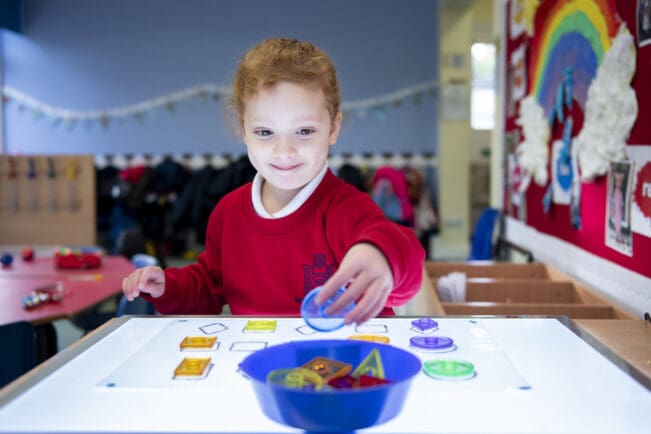
Happiness – A Parent’s Guide
Let’s all be happy!
‘Happiness is experiences of pleasure and purpose over time’ Professor Paul Dolan.
Life is busy, but we all need to look after ourselves – take some time out, laugh with friends and family. Happiness is contagious – model it!
Strong Relationships
Positive attachments are essential and this means letting children know they are valued unconditionally rather than giving them everything they want. Instead envelop them in a metaphorical blanket of love, acceptance and understanding. Contact time is an important part of this; talk to your child, show an interest in what they do and sit down at mealtimes together as this will help them know that they really matter. Encourage them to perform random acts of kindness as this is an excellent way for them to see the happiness they can bring to others too.
Celebrate the journey, not perfection
Note to helicopter parents and tiger mums: relax! At home and school we need to remember to praise effort, not natural ability. All too often we celebrate every little thing a child does, with a throwaway ’good boy’ or ‘good girl’. We celebrate their achievement or when they get it right, but this can be counterproductive. Although it can be difficult to watch children struggle, we should stand back and let them do things they are capable of themselves and afford them the space to fail. Children need to learn that throughout life they will need to persevere and work hard. Why? Carol Dweck explains:
“When we praise children for the effort and hard work that leads to achievement, they want to keep engaging in that process. They are not diverted from the task of learning by a concern with how smart they might — or might not — look.”
Hence, if children think we only value a perfect end result, they will not be prepared to take risks. They will strive to give us the perfection they think we want, and if they do not consistently succeed, anxiety and unhappiness will set in.
‘Failure is simply the opportunity to begin again, this time more intelligently’ Henry Ford.
Managing our emotions
This is very important. We need to let children recognise, acknowledge, articulate and feel their emotions. Emotional intelligence is a skill and we need to teach and support children to identify their feelings (both positive and negative) and let them know it is ok to feel that way. We cannot expect to be happy at all times and it is wrong for us to put children in a bubble and try to protect them from life’s challenges, nor give them everything to make them ‘happy’.
Increasingly, Mindfulness is becoming an integral element of the school day. At its most basic level, it allows us to ‘be in the moment’, we are training our attention and focus rather than dwelling on the past or predicting the future. Jon Kabat-Zinn, the founding father of secular mindfulness, described this skill as ‘being alive and knowing it.’
“We tend to forget that happiness doesn’t come as a result of getting something we don’t have, but rather of recognizing and appreciating what we do have.” — Frederick Keonig.
Lord Richard Layard and colleagues (well-being research program LSE) published an article in ‘The Economic Journal’ challenging “the basic assumption of educational policy in recent years – that academic achievement matters more than anything else”. They concluded:
“By far the most important predictor of adult life-satisfaction is emotional health, both in childhood and subsequently. We find that the intellectual performance of a child is the least important childhood predictor of life-satisfaction as an adult.”
If we allow our children to develop resilience and the skills to cope we are setting them up for life. In simple terms, happy children learn.
Finally, our environment matters – the beauty of play
We only need to watch a child playing to see pure joy and happiness. They are in control, part of a team and negotiating whilst having to self-regulate. According to the Open University’s OPENspace Research Centre, there is considerable evidence suggesting that time spent outdoors, in nature, increases life expectancy, improves wellbeing, reduces symptoms of depression and increases a child’s ability to function in school. Playing outside, climbing trees and making dens costs nothing! As Dr Tessa Livingstone, creator of the ‘Child of Our Time’ project concluded:
‘Even today, the things children love the most are free.’
Sam Selkirk
Head of Lower School
